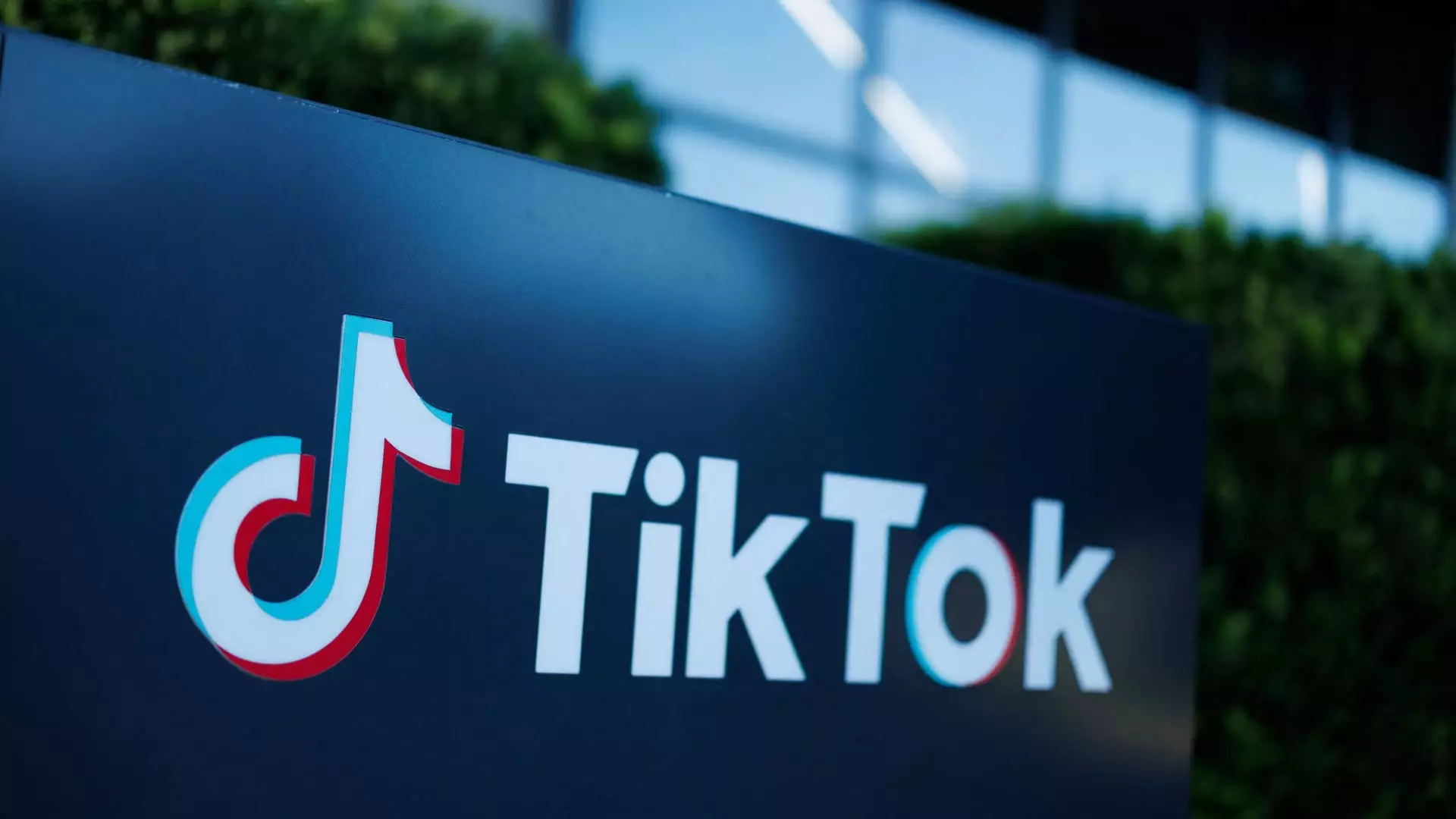In recent months, TikTok has come under fire for numerous allegations concerning its practices, but a noteworthy claim made by Brian Schwalb, the attorney general for the District of Columbia, has surfaced. His allegations spotlight the potential financial exploitation of children through TikTok’s unlicensed virtual currency system. Comprising a coalition of 13 state attorneys general, Schwalb’s lawsuit raises serious concerns about the ethical implications of TikTok’s financial transactions, particularly concerning vulnerable young users.
At the core of Schwalb’s accusation is the assertion that TikTok operates much like a casino, allowing users—particularly minors—to engage with its virtual currency, TikTok Coins, without regulatory oversight. This digital currency can be acquired with real money, presenting a gateway for children to indulge in financial transactions that they may not fully comprehend. According to the lawsuit, the lack of necessary licenses under the district’s money transmission laws puts TikTok’s practices in serious question, raising eyebrows about the legality and morality of these operations.
Children are reportedly allowed to purchase these coins, which then enable them to send digital “gifts” to content creators during livestreams. The concerning aspect here is their familiarization with financial exchange under a guise of entertainment, while the platform allegedly profits up to 50% from these transactions. The lawsuit also emphasizes that TikTok’s age-verification measures are alarmingly insufficient, allowing underage users to bypass them with ease.
Beyond the financial exploitation, the underlying issue intertwines with the mental health impact on young users. The suit claims TikTok misleads users—especially minors—about the app’s potential negative effects on psychological well-being. Social media platforms, particularly those with high engagement and incentives for financial participation, may contribute to anxiety and self-worth issues among youth.
Gabriel Robins, a computer science professor, highlights the need for protective regulations, emphasizing that children are too naive to fully grasp the financial implications of their actions. By disguising complex transactions in an approachable format, platforms like TikTok risk manipulating children into unwittingly spending money, both their own and that of their parents. It raises ethical questions around corporate responsibility in safeguarding younger audiences.
The D.C. lawsuit highlights a growing concern that could change the landscape of online platforms. As TikTok and similar companies expand their financial ecosystems—drawing parallels with the video game industry’s practices—there’s a pressing need for scrutiny and potential reform. Brooke Erin Duffy, an academic in communication, suggests that this legal challenge might provoke other social media platforms to rethink their economic transactions and regulatory measures.
The case serves as a wake-up call, not just for TikTok but for the industry at large, which increasingly relies on user-generated content that often blurs the lines between entertainment, social interaction, and financial exchange. A shift in the regulatory approach toward digital transactions might be necessary to ensure that young users are not subjected to hidden exploitative practices.
As this lawsuit unfolds, it underscores a vital conversation about children’s rights in the digital marketplace. Calling for stringent regulations on platforms that engage in financial transactions with minors is crucial to shield youth from potential financial hazards. By establishing clearer guidelines and stricter enforcement of existing laws, stakeholders can create an environment where technology serves the interests of young users rather than exploiting them.
While TikTok and similar platforms provide opportunities for creativity and social interaction, the allegations put forth illuminate the risks intertwined with uninhibited financial practices aimed at children. It’s imperative for legal frameworks to catch up with technology to safeguard the mental and financial well-being of future generations. By advocating for transparency and responsibility, society can foster a digital landscape that benefits, rather than exploits, young users.


Leave a Reply